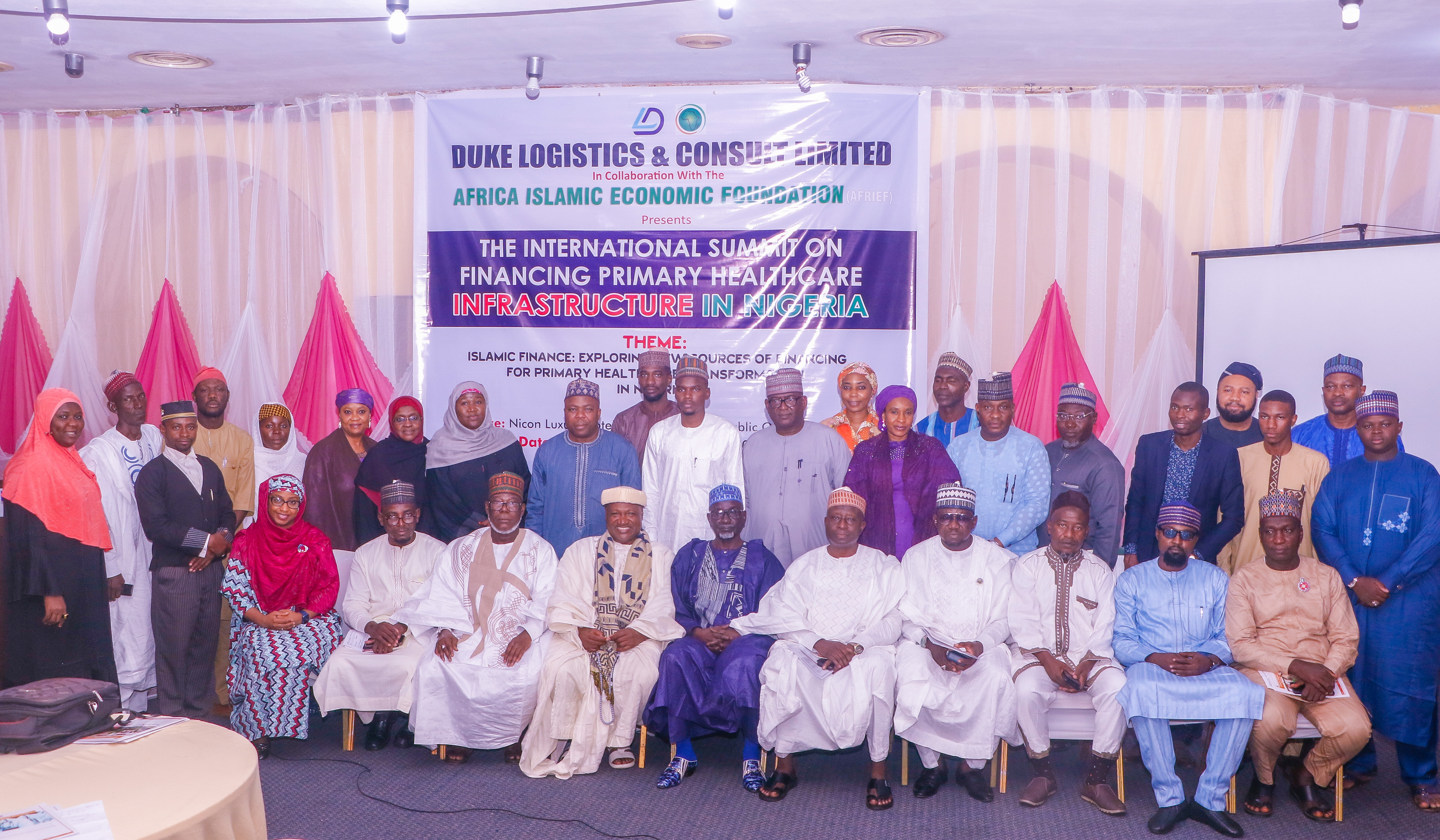Nigeria recently became the first country to roll out a new vaccine (called Men5CV) recommended by the World Health Organization (WHO), which protects people against five strains of meningococcus bacteria. Idris Mohammed, a professor of infectious diseases and immunology and former board chair of Nigeria’s National Programme on Immunisation, explains the new vaccine and its likely impact.
What is meningitis?
Meningitis is the inflammation of the tissues surrounding the brain and spinal cord, usually caused by infection. It can be fatal. Meningitis can be caused by several species of bacteria, viruses, fungi and parasites. The highest global burden is seen with bacterial meningitis. Around one in six people who get this type of meningitis die. One in five have severe complications
The main bacteria responsible for the disease are Neisseria meningitidis, Haemophilus influenzae and Streptococcus pneumoniae. The main symptoms are sudden high fever, backache, stiff neck, headaches, nausea, vomiting and intense dislike for sunlight (photophobia). Patients with a severe infection can experience confusion, delirium and loss of consciousness. Meningitis can affect people of any age.
Meningitis bacteria are transmitted from person to person through droplets of respiratory or throat secretions from carriers. Kissing, sneezing or coughing on someone, or living in close quarters with an infected person, facilitates its spread. The average incubation period is four days but can range between two and 10 days.
Epidemics of meningitis are seen across the world, particularly in sub-Saharan Africa. The so-called “African meningitis belt” consists of 26 contiguous countries from Senegal and The Gambia in the west to Ethiopia in the east. Outbreaks have also been reported in countries outside Africa like Canada, Belgium, France, Brazil and Denmark.
Why does Nigeria have a high burden of meningitis?
Nigeria’s 19 northern states are within the African meningitis belt. A few southern states such as Osun, Ogun and Anambra are also affected. The major factors that determine meningitis infection include a hot and dry environment and dusty atmospheric conditions.
Between 1 October 2022 and 16 April 2023, Nigeria reported 1,686 suspected cases of meningitis, including 124 deaths, for a case fatality ratio of 7%. The highest proportion of reported cases is among children aged 1 to 15 years. Factors that contribute to meningitis are all present in northern Nigeria. Low or no vaccination; presence of carriers; under-nutrition; overcrowding; scarce rainfall; low humidity; high temperatures. It’s often over 35°C, sometimes as high as 45°C.
The general population can’t afford nutritious foods that can boost the immune system. Add to these factors the level of education, poor hygienic conditions and overcrowding, and perfect conditions for an epidemic outbreak are complete. Although the burden of epidemic meningitis is highest in the north of Nigeria, there is sporadic infection countrywide.
What’s specific about the meningitis strains in Nigeria?
There are five strains of meningitis in Africa: serotypes A, C, W, X and Y. Infectivity and clinical features (symptoms and signs) are the same with the strains. These features were established by serotype A, which was the first and dominant strain in the country. The severity of the infection may be higher with the new variants, such as group C meningococcal, as seen in some cases in north-western Nigeria. Serotypes W, X and Y may have similarly higher severity because the organisms are new to the country. Immunity to them is therefore not strong enough.
What makes this new 5-in-1 vaccine so special?
For more than a century, epidemics of meningococcal meningitis have ravaged the African meningitis belt. Some of the earliest prevention attempts involved the use of sulphur drugs and penicillin based antibiotics.
But these were not successful in preventing outbreaks. Mass use of sulphur-based drugs for prevention had to be abandoned because by the 1970s Neisseria meningitides had become resistant to these drugs.
The next obvious line was to consider vaccination with available polysaccharide vaccines. These use specific pieces of the disease-causing germ, like its protein, sugar, or the casing around it. They give a very strong immune response that targets key parts of the germ.
There was only one such vaccine available at the time. This was the A+C vaccine (Institut Meriuex), which had never been used routinely or on a large scale until an epidemic in Bauchi in 1978. The vaccine terminated that epidemic within a few weeks.
Since then, several researchers like John Robbins have advocated intensified mass vaccinations with the polysaccharide vaccines. But the WHO was reluctant, with fairly good reason.
Polysaccharide vaccines are poorly immunogenic, meaning not able to elicit protective immunity to the disease – particularly in young children, because they do not have immune memory. So the vaccines are not cost-effective or sufficiently protective.
The 1996 outbreak in northern Nigeria affecting over 120,000 people and causing 12,000 deaths – and described by the WHO as the largest in recorded history – changed the narrative. A joint WHO/PATH “Meningitis Vaccine Project” facilitated by the Bill and Melinda Gates Foundation produced the highly effective conjugate meningitis A vaccine (known as MenAfriVac). Over 260 million people in the African meningitis belt were vaccinated with it. This led to the virtual elimination of meningococcal A serotype.
But serotypes C, W, X and Y then emerged. Hence the critical importance of the 5-in-1 (also known as MenFive, or Men5CV). Proper and sustained vaccination with the 5-in-1 vaccine should put paid to epidemics of meningococcal meningitis in Africa.
What impact will the new vaccine have on meningitis control in Nigeria?
By containing the five most important serotypes causing meningitis in Nigeria, this vaccine is bound to have a far reaching positive impact on control of the disease. Among all the 26 African countries within the African meningitis belt, Nigeria is by far the most populous. Thus an epidemic of the disease affects many people.
Before the year 2000 hardly a case of serotype C, W, X, or Y had been reported in Nigeria. The success of group A conjugate MenAfriVac introduced in 2010 in Burkina Faso has changed the pattern and periodicity of epidemic meningitis, and the real challenge and menace of replacement serotypes underscores the critical importance of the 5-in-1 conjugate meningitis vaccine. Its impact will be huge.
Idris Mohammed is a Professor Emeritus, Gombe State University
Courtesy: The Conversation





 TRENDING11 months ago
TRENDING11 months ago
 PROFILE9 months ago
PROFILE9 months ago
 BUSINESS & ECONOMY3 years ago
BUSINESS & ECONOMY3 years ago
 BUSINESS & ECONOMY3 years ago
BUSINESS & ECONOMY3 years ago
 BUSINESS & ECONOMY3 years ago
BUSINESS & ECONOMY3 years ago
 HALAL ECONOMY10 months ago
HALAL ECONOMY10 months ago
 BUSINESS & ECONOMY3 years ago
BUSINESS & ECONOMY3 years ago
 BUSINESS & ECONOMY2 years ago
BUSINESS & ECONOMY2 years ago


